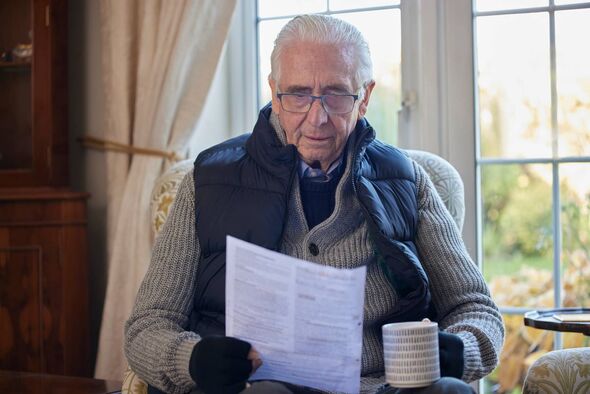
In a discreetly announced update, the Department for Work and Pensions (DWP) has disclosed that over 760,000 households of elderly Britons are set to lose out on the Winter Fuel Payment this year, despite being eligible for the benefit which can amount to £300. This comes despite concerted efforts to boost enrolment and assist the poorest households in heating their homes.
Now, low-income pensioners are required to apply for Pension Credit, a benefit averaging £3900 for recipients, to get support with heating expenses. Labour opted to means-test the £300 cash injection shortly after assuming power in July, upon uncovering a “£22 billion black hole” in public finances left by their predecessors, even though at that time 880,000 low-income Brits were not claiming the benefit.
The decision to means-test the Winter Fuel Payment is now expected to push approximately 200,000 pensioners into relative poverty by the end of Labour’s first term, as per figures released by DWP chief Liz Kendall MP. The government remains hopeful, with Kendall pointing out that the estimated impact of the cuts “does not take into account any impacts of the measures we are taking to increase Pension Credit take-up.”
The DWP‘s internal forecasting suggests that an additional 50,000 pensioners will fall into financial hardship annually due to the policy. However, this figure could be balanced by an increase of 120,000 households claiming Pension Credit since Labour announced the Winter Fuel Payment would no longer be universal.
Despite a significant 13 per cent drop in the government’s estimate of pensioners missing out on Pension Credit, this revised figure was quietly released in an online update to ‘Pension Credit toolkit: advice and guidance for stakeholders’. Yet, with 760,000 less affluent pensioners facing increased heating costs and losing out on the previously universal benefit, there is little cause for celebration for many this winter.
To qualify for the benefit and the Winter Fuel Payment, your income must not exceed a weekly limit of £173 for individuals or £236 for couples. The measure is expected to save the national budget approximately £1.4 billion annually, but has been met with strong opposition from pension poverty campaigners who fear older Brits will face tough choices in the coming months.
Prime Minister Sir Keir Starmer told reporters at the G20 in Brazil: “We’ve had a campaign to drive up pension credit, to get more pensioners on to pension credit, which obviously is not only a guarantee of the winter fuel allowance, but also gives the credit itself.
He also said: “Pensioners will be better off because we’ve stabilised the economy.”

















